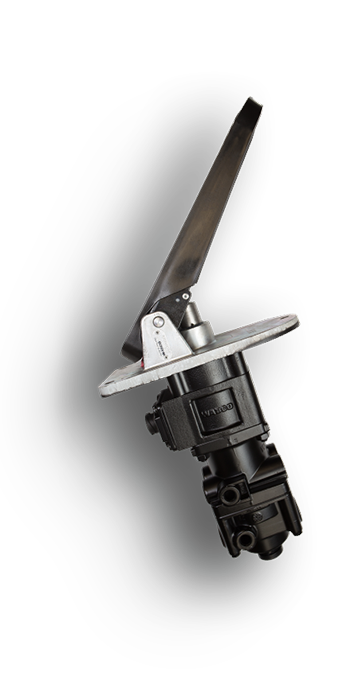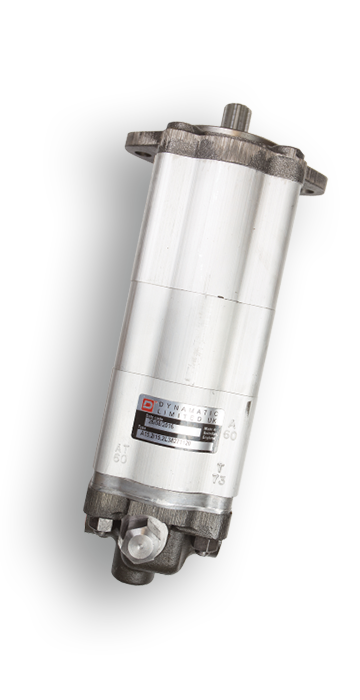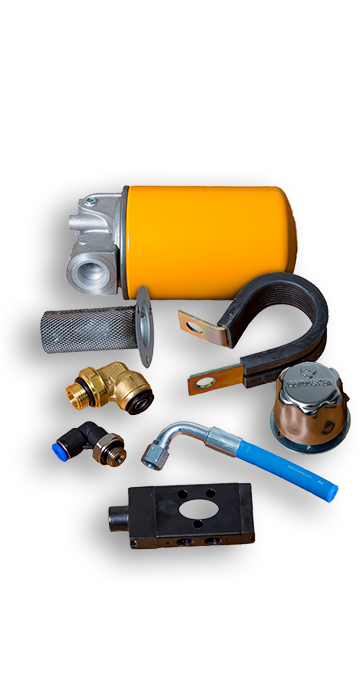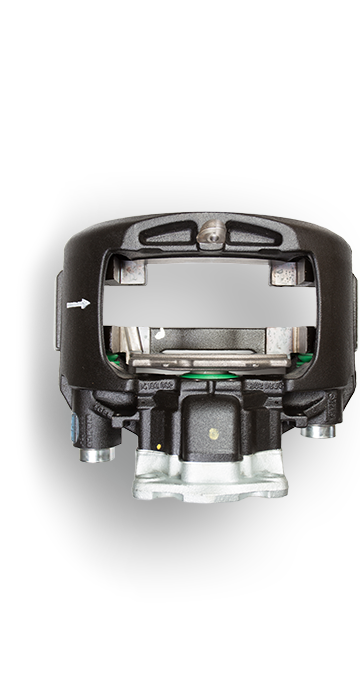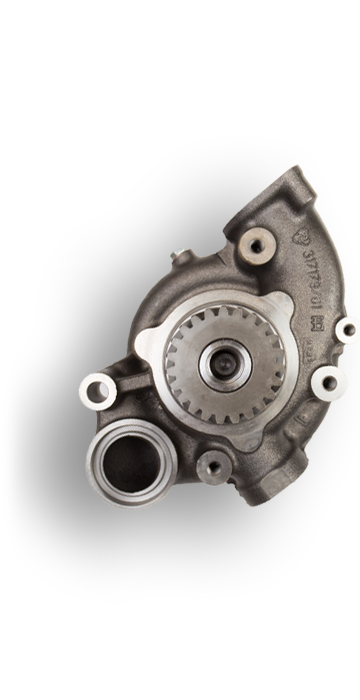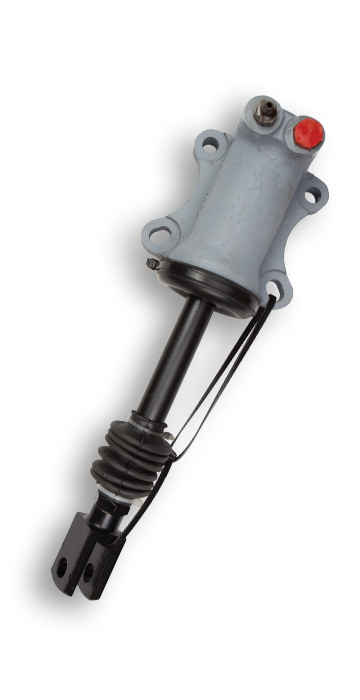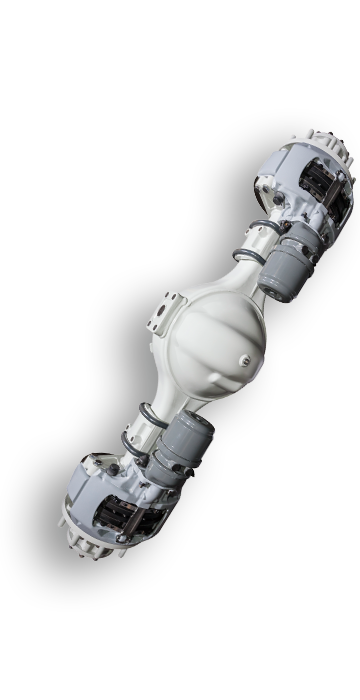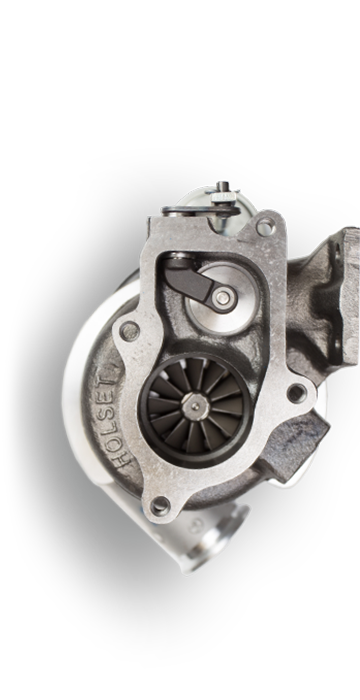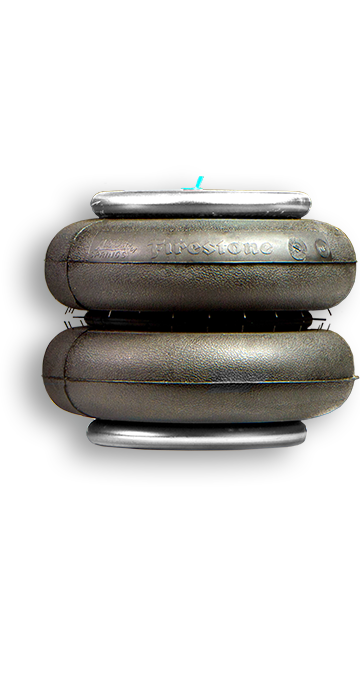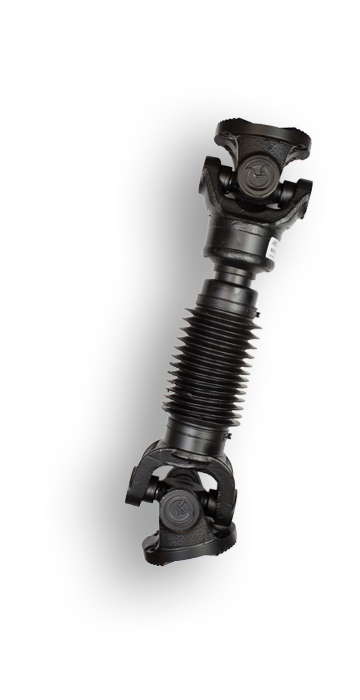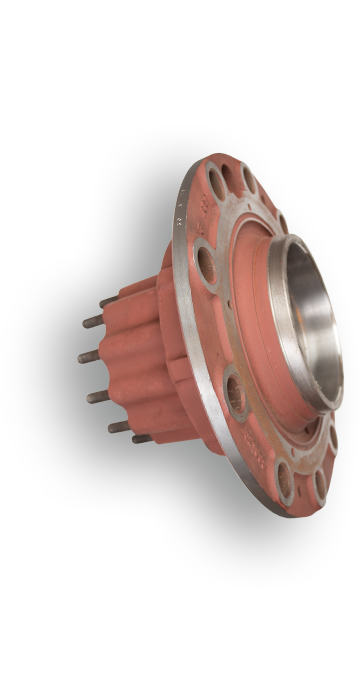Back in January 2015, Chinese conglomerate BYD Motors Inc. officially unveiled the world’s first 100% electric coach, named the BYD C9. A twin-axle, 40-foot coach with a passenger capacity of 47, the company claimed a range of 190 miles. Since then, the PSV industry has been focused on delivering economically viable, shorter range electric buses, in order to comply with increasingly tough urban emissions legislation around the world.
As a result, research into longer range, zero emission coach travel has taken something of a back seat. The overriding OEM opinion seems to be that viable electrification for coaches remains something of a pipe dream for the foreseeable future. Major manufacturers, including MAN and Daimler Buses, claim that coaches with purely electric powertrains would not stack up commercially without a revolution in battery energy density. Consequently, neither they nor any other OEM anticipates coach electrification in the medium term future. Furthermore, company chiefs from the leading bus and coach builders have voiced misgivings about whether electric power will ever be viable in large passenger vehicles that have a requirement to cover hundreds of miles without refuelling or recharging.
The internal combustion engine is, therefore, set to remain the primary power plant for future coach development for at least the next decade. That’s not to say that manufacturers are not investing in research and development to mitigate the impact of coaches on the environment. Far from it.
“I believe there is no long-distance application that will be suitable for electrification,” was the recent comment from MAN’s Head of Powertrain Development, Thomas Nickels, who instead advocates the adoption of a fully synthetic and carbon neutral fuel, dubbed E-diesel.
Following the pioneering work done by Audi in the car sector, MAN is leading the charge on further development of this fuel which, unlike non-synthetic biodiesel, is created using renewable electricity to generate hydrogen, which is then combined with CO2 removed from the atmosphere to create synthetic oil. The oil is then refined to formulate E-diesel, which can be transported in the normal manner. During combustion, emissions generated require the same after treatment as conventional diesel, but no new CO2 is created, meaning that E-diesel’s carbon footprint is negligible. MAN for one is researching the necessary engine modifications needed for E-diesel and estimates that the fuel will be in widespread use by 2025.
In the meantime, manufacturers are having to get to grips with ‘Euro 6d’, which is the next iteration of the current EU emissions standards, which will be rolled out in two stages. First on new engine designs and then on existing models, which also brings a change to how compliance is measured.
Under the current Euro 6c, emissions readings are measured at 50% engine load. To comply with Euro 6d standards, that loading is reduced to just 10% or idling speed, which is proving a challenge for engine manufacturers as NOx and particulates are measured in grammes per kW/h. The low loading mandated at Euro 6d means it’s difficult to generate enough heat in the exhaust to allow it to function properly, as diesel engines are designed to work hard.
Commenting on the challenges facing PSV manufacturers, John Dwight, Imperial Engineering’s Sales Director, said:
“As a market leader in the supply of brand new parts to the bus and coach sector, Imperial Engineering recognises the need to innovate and stay ahead of the curve, as legislation regarding the environment is a key driver in future manufacturing strategy. Electrification of inner city buses makes economic and environmental sense as charging infrastructure and relatively lower range suits the urban business model for operators. Clearly, zero emission long range coaches would represent automotive utopia but the important thing is that manufacturers are investing in making future models as environmentally friendly as possible. For our part, Imperial Engineering is fully focused on supplying the highest quality components from industry recognised supply partners to ensure we always provide operators with availability and reliability of parts for their vehicles.”
